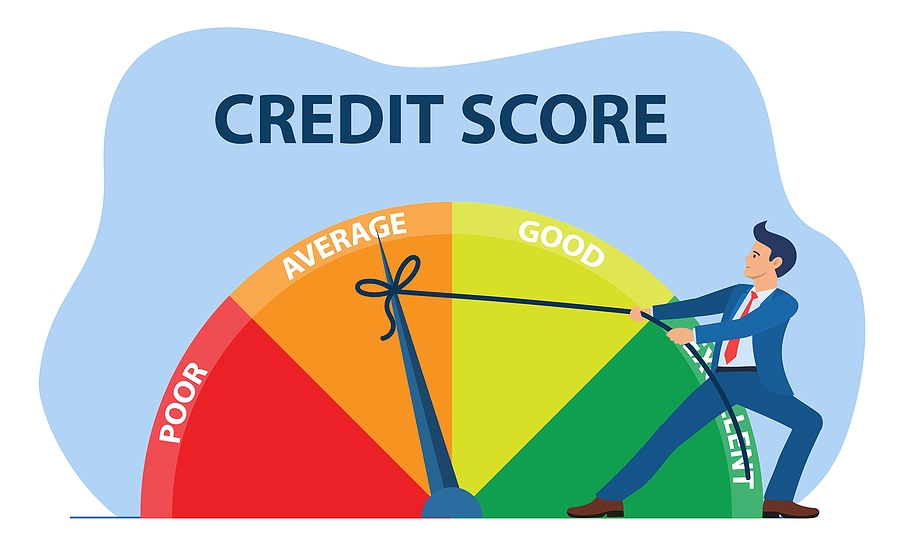Strategies for Improving Business Credit Scores: Business Credit Scores And Lenders

Business credit scores and lenders – Improving your business credit score can have a number of benefits, including access to lower interest rates on loans, increased borrowing capacity, and improved vendor relationships. There are a number of steps you can take to improve your business credit score, including:
Managing Debt
One of the most important factors in your business credit score is your debt-to-income ratio. This ratio measures how much debt you have relative to your income. A high debt-to-income ratio can make it difficult to qualify for loans and can also lead to higher interest rates.
To improve your debt-to-income ratio, you should focus on paying down your debt as quickly as possible. You should also avoid taking on new debt unless it is absolutely necessary.
Building Relationships with Creditors, Business credit scores and lenders
Another important factor in your business credit score is your relationship with your creditors. Creditors want to see that you are a reliable borrower who makes payments on time. You can build relationships with creditors by making payments on time, every time.
You should also communicate with your creditors regularly to let them know about any changes in your financial situation.
Disputing Errors
If you believe there is an error on your business credit report, you should dispute it immediately. You can do this by contacting the credit bureau that issued the report. The credit bureau will then investigate the error and make a correction if necessary.By following these steps, you can improve your business credit score and access a number of benefits.
Monitoring and Managing Business Credit

Regular monitoring of business credit is crucial for maintaining a strong financial reputation and securing favorable financing terms. It allows businesses to track their creditworthiness, identify potential issues, and take proactive measures to improve their scores.
Credit Reporting Agencies
Credit reporting agencies (CRAs) collect and maintain information on businesses’ credit histories. The three major CRAs in the United States are Experian, Equifax, and TransUnion. Businesses can request free copies of their credit reports from these agencies annually.
Online Services
Numerous online services provide business credit monitoring tools. These services typically charge a monthly fee but offer features such as:
- Real-time credit score updates
- Detailed credit reports
- Alerts for credit inquiries and changes
Effective Management
To effectively manage business credit, consider the following strategies:
- Pay invoices on time:Payment history is the most significant factor in determining business credit scores.
- Keep debt utilization low:The amount of credit used compared to the available credit limit also impacts scores.
- Build relationships with lenders:Establish positive relationships with lenders by maintaining regular communication and repaying debts promptly.
- Monitor credit reports regularly:Review credit reports for errors and dispute any inaccuracies.
- Consider credit repair services:If business credit has been damaged, consider working with a reputable credit repair company to improve scores.

